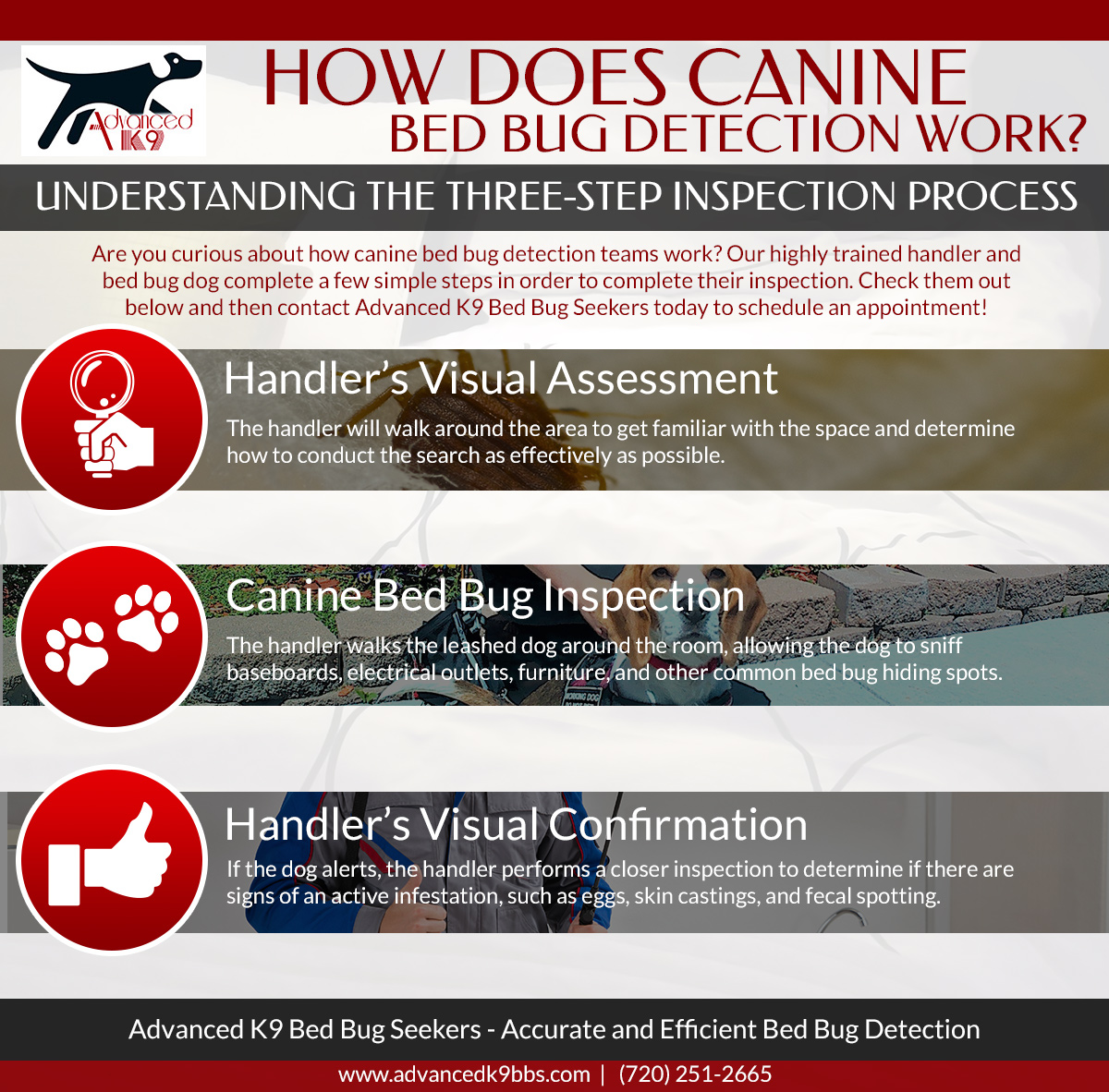The 7-Second Trick For Bed Bug Services
Bed Bug Services Fundamentals Explained
Table of ContentsThe Buzz on Bed Bug ServicesLittle Known Questions About Bed Bug Services.10 Simple Techniques For Bed Bug ServicesAll About Bed Bug Services
A professional bed bug inspection is a meticulous process and relies on expertise. Bed bugs are tiny, quick, and skilled at concealing themselves that seek cracks, crevices, and furniture seams. Because of their stealthy behavior, detailed examination is necessary to identify the full scope of the problem. Professional inspectors use a combination of tools, procedures, and knowledge to locate pests effectively, preventing spread and further infestation.The first step in a proper inspection involves knowing the habits and life cycle of bed bugs. Bed bugs belong to the order Hemiptera and progress through eggs, several nymphs, and adult stages. Adults are around five millimeters long, flat, reddish-brown, and wingless with slender legs and antennae. Their segmented proboscis allows them to pierce the skin and feed on blood, producing skin irritation and visible marks. Knowing these traits enables detection of likely areas for bed bug activity.
Early detection is vital for preventing large infestations. Professionals search for telltale signs such as dark spots of fecal matter, molted skins, and eggs (Bed Bug Services). Female bed bugs are capable of laying hundreds of eggs, potentially causing full-blown infestations. Evidence of shed exoskeletons or leftover eggs signals ongoing activity and requires prompt inspection
Preparing for an inspection requires attention to detail. Inspectors often advise removing items that block access, which improves access to furniture and baseboards. Bedding and linens may be treated with heat before inspection, and then secured until the inspection is complete. Wall decor, mirrors, and pictures should be taken down to allow access to potential bed bug harborages. Vacuuming furniture and floors may pop over to this site capture visible bugs and eggs, and vacuum bags should be discarded carefully to avoid spreading.
Some Known Factual Statements About Bed Bug Services
The inspection itself is methodical and detailed. Inspectors focus on sleeping areas like beds, headboards, and mattresses, checking seams, folds, handles, and crevices. Upholstered furniture, including seating furniture, is carefully examined, with attention to seams and cushions. Baseboards, moldings, the edges of wall-to-wall carpeting, electrical outlets, closets, and storage areas receive detailed attention, as these can be common harborage sites.
Specialized tools help inspectors find hidden pests. Flashlights, magnifying lenses, multi-tools, and mirrors provide visibility in crevices and corners. Monitoring devices like interceptor traps or sticky pads help track bed bug activity over time. Some companies use detection dogs, which accurately identify active infestations, distinguishing them from residual signs.

Meticulous documentation is essential. Inspectors document all signs, infestation levels, and suggested measures. This click to read supports transparency and offers proof of inspection. Residents are often instructed to preserve evidence for accuracy, as this prevents loss of critical information.
After inspection, a monitoring plan may be recommended to follow up on findings. Continuous monitoring identifies surviving insects after treatment, and collecting feedback from occupants provides additional insight. Cooperation from residents enhances detection.
Some Of Bed Bug Services
.png?r=RGXqEV3/M/U=)
Professional inspections offer a higher level of accuracy than DIY attempts. Trained inspectors know what to look get redirected here for and where, prevent misdiagnosis, and give peace of mind.
Bed bug inspections are particularly important in hotels, dormitories, multi-unit apartments, and senior living facilities. Inspectors examine adjacent units, common areas, and shared furniture to confirm complete assessment (Bed Bug Services). This supports comprehensive control
In summary, a professional bed bug inspection involves understanding bed bug biology, preparing the space, conducting systematic inspections, using specialized tools, documenting findings, and implementing monitoring protocols. Each step contributes to accurate detection, effective treatment planning, and long-term prevention.
The Definitive Guide to Bed Bug Services
